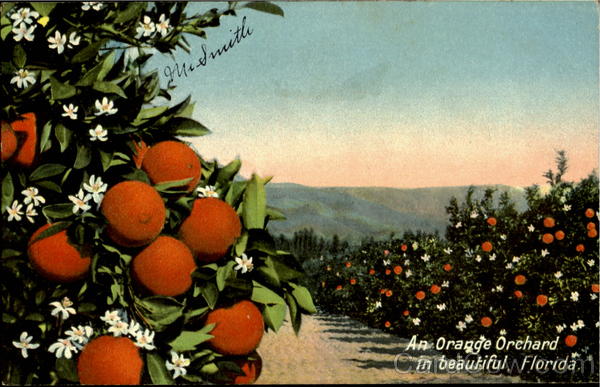Perhaps they were; or perhaps there might have been shoals of them in the far horizon; but lulled into such an opium-like listlessness of vacant, unconscious reverie is this absent-minded youth by the blending cadence of waves with thoughts, that at last he loses his identity; takes the mystic ocean as his feet for the visible image of that deep, blue bottomless soul, pervading mankind and nature; and every strange, half-seen, gliding, beautiful thing that eludes him; every dimly-discovered, uprising fin of some undiscernible form, seems to him the embodiment of those elusive thoughts that only people the soul by continually flitting through it. In this enchanted mood, thy spirit ebbs away to whence it came; becomes diffused through time and space; like Wickliff's sprinkled Pantheist ashes, forming at last a part of every shore the round globe over.First of all, that's some marvelous praise of indolence! And it's a fantastic couple of sentences, as mesmerizing in their imagery and language as the scene they seek to render. This passage reminds me of the ideas in John Haines' essay "The Creative Spirit in Art and Literature," which I have also recently re-read. In the essay (which appears in his collection Fables and Distances), Haines claims that in nature lie all our original artistic and literary forms. He also states that time spent in close observation of the natural world can translate into rich imaginative metaphor, creative leaps.
That's what Ishmael (Melville) is doing here, allowing the sea to become the externalized world of thought within the speaker, with actual whales that are swimming in the dark water transformed as metaphorized thoughts scuddling through the subconscious. At the same time, we can't overlook what is so obvious--namely that it is the powerful, wide, encompassing ocean itself that transports the idle watchman into his state of reverie in the first place. Nature here is both inspiration and form (in this case, extended metaphor). This isn't exactly earth-shattering stuff, but I find it a useful reminder. And I think the passage from Moby-Dick, like so much of the novel, is beautifully written.
(Side note fantasy: I've just concluded my fourth run through the HBO series Deadwood, which to my mind remains the greatest artistic achievement in television, and I see that David Milch's next project, Luck (directed by Michael Mann), premieres tomorrow night. Imagine what Milch could do with Moby-Dick, especially if he enlisted Ian McShane as "moody stricken Ahab...with a crucifixion in his face; in all the nameless regal overbearing dignity of some mighty woe.")
Of course, paying attention to the actual world is always a good idea. Out skiing through the woods behind my house today, I had no such revelation as Ishmael finds in the crow's nest, but I was pleased to find a number of tracks in the fresh snow--human (previous skiers, a snowmobile, bootprints), deer, raccoon, mouse or vole, something I couldn't identify, and a few birds. Though I never encountered one of these creatures, the records of their presence were scribbled all over the landscape. Similar to the "half-seen...uprising fin" in Melville's passage, these strings of tracks and little mouse-burrowed chutes remind me of the flitting paths my own mind followed as I skied, shifting attention from the physical realities of my heart beat and breath to the sounds of birds to thoughts of a poem I am writing to wondering about lunch and how badass it might be if David Milch ever were to adapt Moby-Dick into an HBO series.






